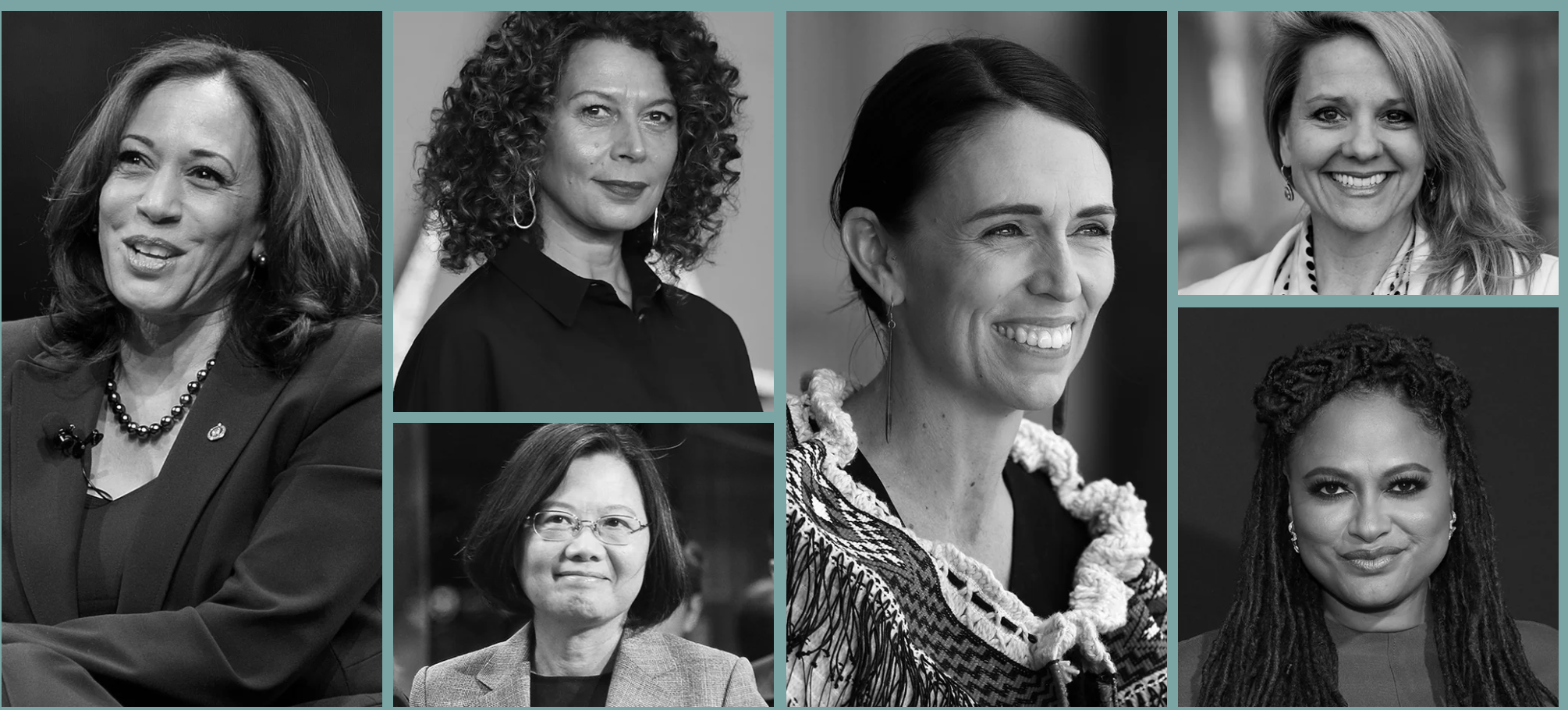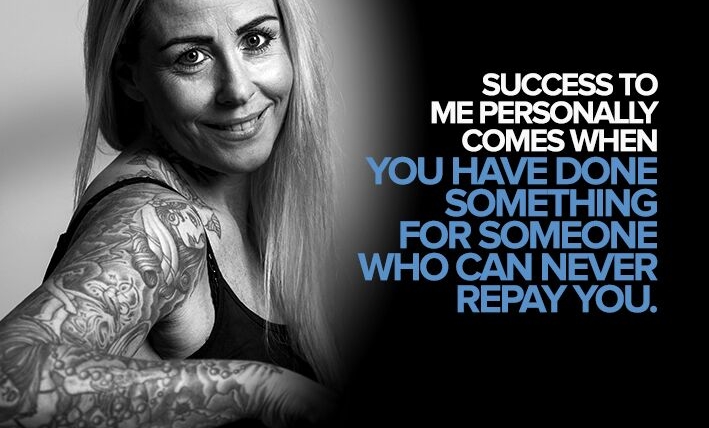
BY FORBES; PRESENTED BY THE MACALLAN
From fighting the pandemic to reengineering American politics, these influential women—including New Zealand Prime Minister Jacinda Ardern, Vice President-elect Kamala Harris and voting rights advocate Stacey Abrams—are making history.
During the U.S. vice presidential debate in October, Senator Kamala Harris and Vice President Mike Pence squared off in fairly typical fashion: for 90 minutes they contradicted each other, selectively answered the moderator’s questions, and interrupted each other—with Pence doing so at twice the rate of Harris. “Mr. Vice President,” Harris would say each time, reclaiming the mic, “I’m speaking.” The comeback launched a thousand memes (and even a handful of T-shirts), but it also became a rallying cry for women across America. One month after the debate, Senator Harris became the first woman, first Black American and first Asian American to be elected vice president—an unprecedented trifecta of firsts for California Senator Harris. Her rapid ascension in U.S. politics has also catapulted her onto the Forbes list of the World’s 100 Most Powerful Women for the first time; she makes her debut at No. 3, right below German Chancellor Angela Merkel (ranking No. 1 for the tenth year in a row) and European Central Bank chief Christine Lagarde (No. 2 for the second straight year).
“Democratic countries where human rights are respected and where women are able to reach top positions in society are also the countries that are the best-equipped to handle crises by Covid-19.”
The women on the 17th annual power list hail from 30 countries and were born across four generations. There are 10 heads of state, 38 CEOs and five entertainers among them. But where they differ in age, nationality and job description, they are united in the ways they have been using their platforms to address the unique challenges of 2020. In particular, several of this year’s Power Women received global plaudits for their effective responses to Covid-19: New Zealand Prime Minister Jacinda Ardern (No. 32) vanquished a first and second wave of a virus in her country by implementing strict lockdown and quarantine procedures. Taiwan’s president Tsai Ing-wen (No. 37) implemented a rigorous contact-tracing program in January; as a result, to date, the island of 23 million people has lost only seven people to the virus. As Norwegian Prime Minister Erna Solberg (No. 52) put it during a global conference in November: “… [D]emocratic countries where human rights are respected and where women are able to reach top positions in society are also the countries that are the best-equipped to handle crises by Covid-19.” The 17 newcomers on this year’s list illustrate that women are leading all aspects of a society transformed by a global pandemic. New UPS CEO Carol Tomé (No. 11) and Clorox head Linda Rendle (No. 87) are responsible for helping provide essential services that have kept Americans connected and clean, while CVS Health executive vice president and incoming CEO Karen Lynch (No. 38) leads the pharmacy giant’s vast Covid testing program and, in 2021, will be responsible for its critical handling of Covid vaccines. In a year marked by mass protests and political unrest around the world, few people deftly used their power quite like Fair Fight founder and voting rights advocate Stacey Abrams (No. 100). By working to help register some 800,000 people to vote in Georgia, the former state representative helped a Democratic presidential nominee win her state for the first time in 28 years. Her work is not done–she said she gave herself “17 minutes” of celebration before turning her focus to the critical Georgia Senate runoff elections in January. But it is due to that continued work, along with the efforts of so many women like her, that the words of the soon-to-be vice president will come to fruition. Said Harris in November: “While I may be the first woman in this office, I will not be the last.” —Maggie McGrath





